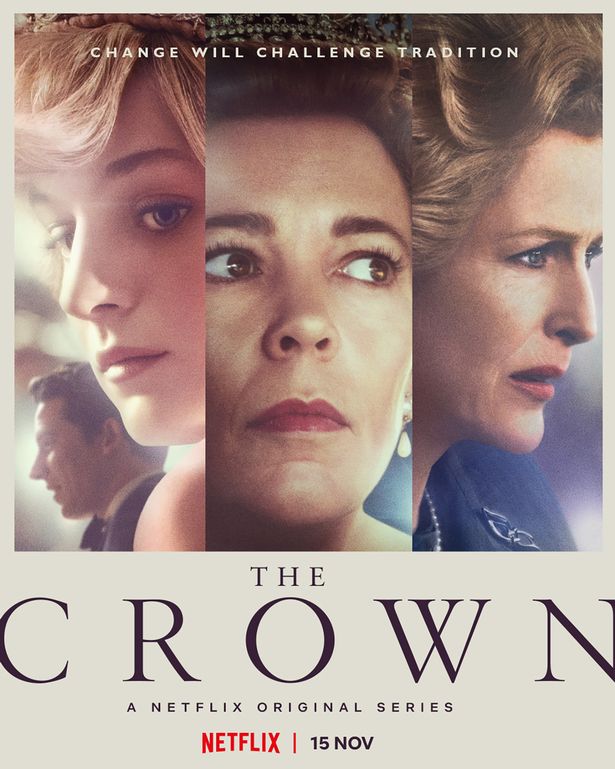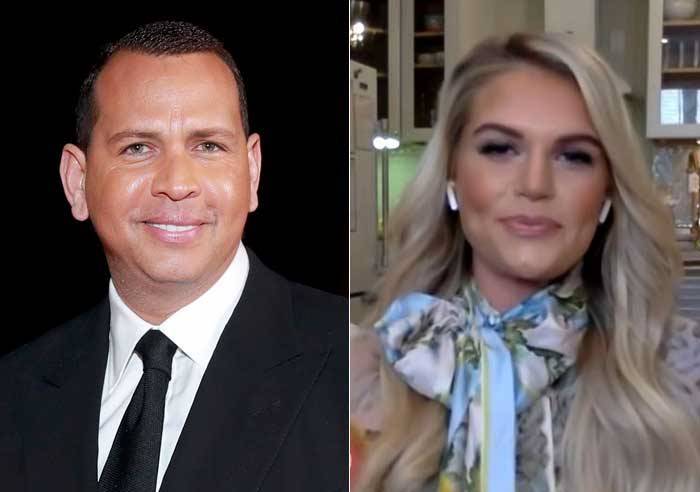TJ Osborne Comes Out



Every November, apart from last year, Jacek and I go on holiday to the same resort in the Dominican Republic to celebrate our wedding anniversary. And we always watch the Country Music Association Awards. Or I watch, and he’s on the laptop streaming a soccer game. One year ago though, as soon as Brothers Osborne hit the stage, he looked up about 20 seconds into the song… who is this? He loved the song. He loved the sound. He loved TJ Osborne’s voice. And as soon as we came home to Canada, he downloaded their music onto his phone and several Brothers Osborne tracks are always included on his playlists. They’re fun, particularly in the car. Beyond their sound though, Brothers Osborne haven’t really been on my radar – until yesterday.
TJ Osborne came out publicly in an interview with TIME. I wish we weren’t still in a place where it was newsworthy for someone to come out, or that people have to come out at all – in the same way that no one who is straight has to “come out” – but obviously we’re not there yet. And in TJ’s case, given that he’s a popular country music artist, who depends on country radio that plays to a demographic that is still known to be largely, as TIME notes, “a bastion of mainstream conservatism in American arts and culture”, his decision to tell his story is a significant event. Brothers Osborne are a big deal in the industry.
TJ tells TIME that he’s been out with friends and family and his immediate circle for a while. This, then, is 100% about his public-facing identity. And it’s definitely a risk. As he says:
“I don’t think I’m going to get run off the stage in Chicago,” he says. “But in a rural town playing a county fair? I’m curious how this will go.”
But he’s ready for this not only because he wants to be free to live his life as he pleases, but because he wants to be free to create the music that has to come from the realest place. For him, it’s a creative barrier not to be able to write if you’re holding something back, or writing around the truth.
“Country music is about storytelling, and that means T.J.’s identity is inextricable from his music. Maybe, T.J. says, country isn’t the most popular genre among gay people. “But is that just because they’ve never had the opportunity to relate to it?”
In some ways then, it’s bigger than TJ in that, maybe, with his platform and success, he can expand the idea of what country music represents and who it reaches. Although that doesn’t necessarily mean that TJ is exactly putting his hand up to be the poster artist for equality.
Sam Lansky did a great job with this piece, because later on, when TJ explains that he’s coming out because he just wants to move on, Sam presses him, gently. And that’s the part of the piece I encourage you to read, starting with Sam writing “So I ask T.J. a question, which is: What if there is nothing to move on from?”
Sam and TJ go on to discuss whether or not responsibility has to be a burden. That when you talk about moving on from something, it comes with the implication that it might be something that you had to get past…a hurdle, a burden.
These are new conversations that are happening in country music – and they aren’t easy ones. There is nuance and of course no one’s story is the same as anyone else’s so there can’t be generalisation. Still, it’s important to have them, to participate, to engage, and because of TJ Osborne, they’re happening now in a space that has traditionally not been LGBTQ+ inclusive.
Click here to read the full piece.

